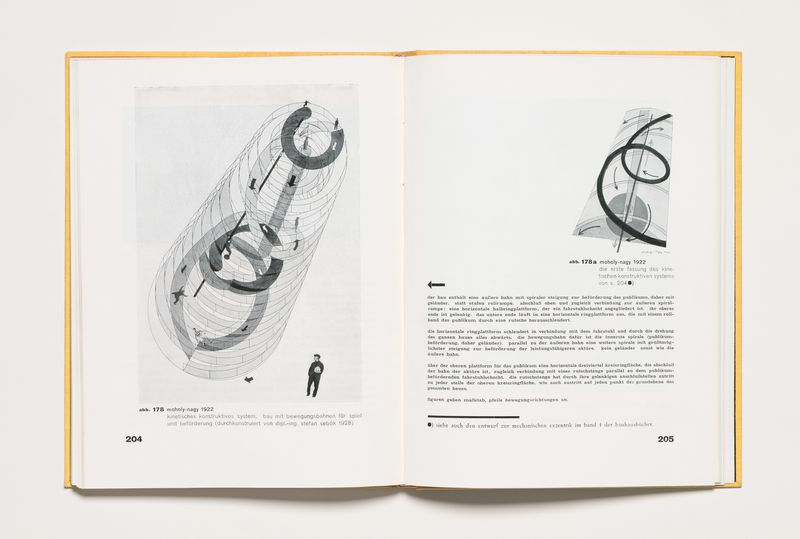Visiting Scholar Oliver Botar presents his research.
The current fascination among architectural and art theorists and practitioners with ecological questions reflects a more general shift towards an ecological view of the world. This development over the past decades underlines a lack of awareness that this paradigm shift towards an ecological, “biocentric” view of the world took place early in the 20th century, and resonated and reverberated also within the artistic communities of Weimar Germany.
I identified a series of discourses emergent from the Romanticism of the 18th, and the Reform movements of the 19th century, including Lebensphilosophie, various aspects of the Reformbewegung, the Monist league, Bergsonisme, the Organicist-Holist complex, and Neo-Lamarckism, which, I contend, informed biomorphic Modernist practice. While differing from each other in certain respects, these discourses shared a set of themes, attitudes and topoi relating to nature, biology and epistemology. This intersection, what I refer to as Biocentrism, was characterized by a Neo-Romantic, intuitive, idealistic, even metaphysical attitude towards the idea of our oneness with “nature,” and the unity of all life. Nietzsche referred to this unity of life as All-Leben, while in a more scientific vein, the Austro-Hungarian biologist and popular scientific writer Raoul Heinrich Francé – a crucial figure in my work – referred to it as Plasma.
Oliver Botar obtained his Master in Urban and Regional Planning at the University of Toronto. He continued to study Art History and received his PhD at the University of Toronto in 1998 with a dissertation entitled: “Prolegomena to the Study of Biomorphic Modernism: Biocentrism, Laszlo Moholy-Nagy’s ‘New Vision’ and Ernö Kàllai’s ‘Bioromantik’”. He has taught at the University of Toronto, Queen’s University, and the University of Guelph. Since 1996 he has been assistant professor at the School of Art of the University of Manitoba. He has been involved as a curator, contributing to exhibitions and catalogues on Hungarian and Canadian modern art and design. As an editor of Hungarian Studies Review, he has greatly contributed to the study Hungarian modern art, architecture and urban planning.
Oliver Botar was a Visiting Scholar at the CCA in 2000-2001.

